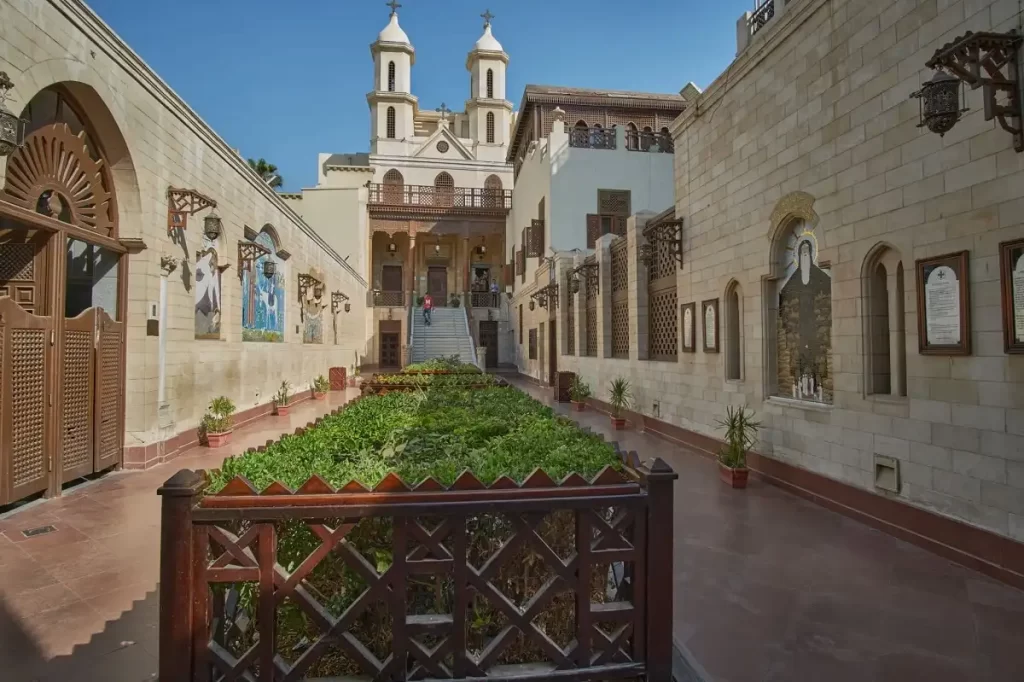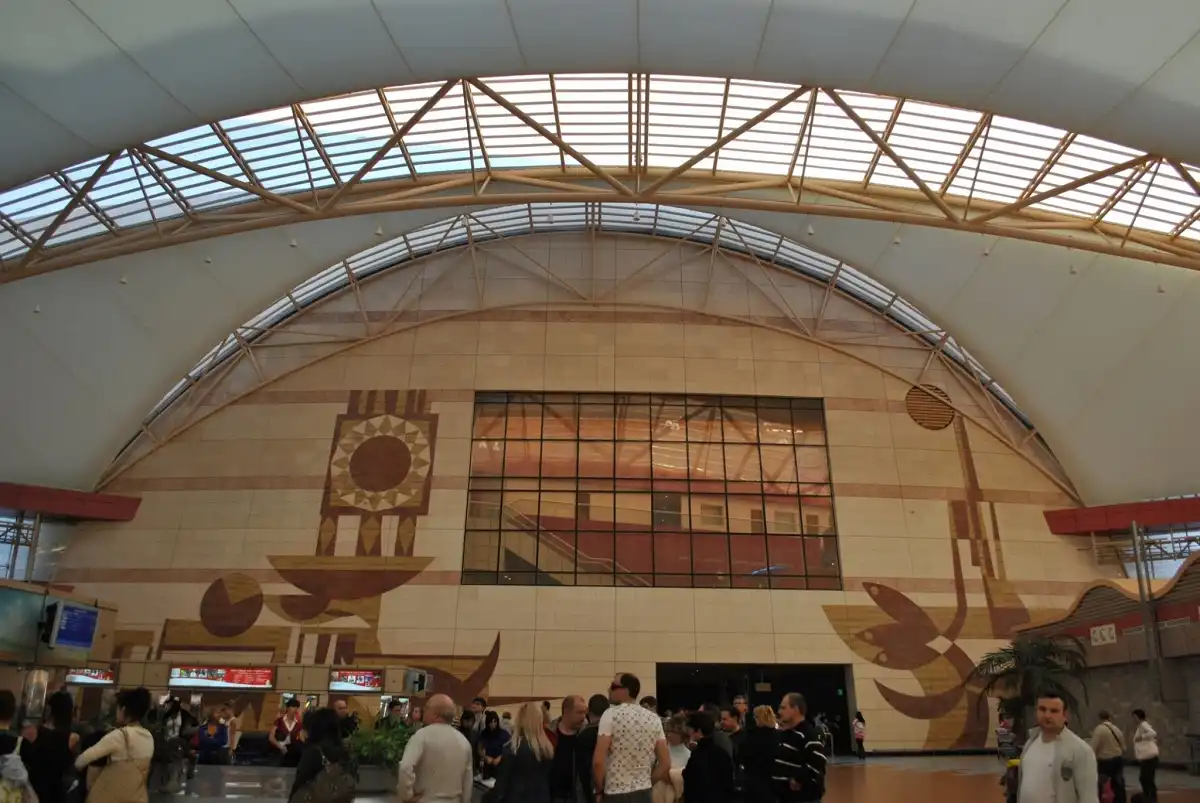
The Hanging Church
[ez-toc]
Although there are many churches in Egypt, none of them can compare to the Hanging Church. It is a sacred location where God’s messenger found safety. Many tourists believe it to be the most significant Coptic destination in all of Cairo since so many people visit to take in its breathtaking beauty and extensive history.
History of the Hanging Church
Because it was constructed over a section of the southern wall of a Roman stronghold in Babylon from the fourth century BC, the church of the Virgin Mary has earned the nickname “hanging church.” Because its nave is suspended over the passage, the church is also known as the Suspended Church, the Staircase Church, or Al-Moallaqa. It is one of the oldest and most significant Christian landmarks in Egypt. The church dates back to the 5th century AD, and from the 7th to the 13th century AD, it served as the Coptic patriarch’s residence, where it witnessed many historically significant events like general elections and religious ceremonies.
The Construction of the Hanging Church
The original structure of the hanging church was erected over the ruins of the ancient Roman citadel using logs from palm trees and layers of stones. It also has a wooden roof in the shape of Noah’s ark. It is built in the basilican architectural style. The hanging church once towered over everything in its vicinity because it is currently 30 feet above the ground and supported by 15 gracile columns. Over time, the hanging church underwent changes and was made larger. Iron gates and two twin bell towers are located at the church’s main entrance, which is flanked by a pointed stone arch and a small courtyard with intricate biblical patterns.
The Interior of the Hanging Church
The oldest icon in the hanging church, which has 110 magnificent images of the Virgin Mary, Jesus Christ, John the Baptist, St. Peter, and numerous archangels, including Gabriel and Michael, is from the eighth century. Ebony was used to making the main altar, which was then inlaid with ivory and adorned with intricate Coptic cross motifs from the 12th or 13th century. The entire inside of the chapel is adorned in inlaid motifs made of bone and ivory that significantly resemble Islamic geometric patterns.



